Ives v south buffalo railway – In the annals of constitutional law, Ives v. South Buffalo Railway stands as a pivotal case that shaped the interpretation of the Fourteenth Amendment and its impact on labor relations. This landmark decision, rendered in 1911, continues to resonate in contemporary legal debates and policy discussions.
The case centered around the question of whether a state could limit the liability of employers for injuries sustained by their employees. The legal battle pitted the interests of workers seeking compensation for workplace accidents against the concerns of businesses seeking to protect their financial interests.
Case Summary: Ives V South Buffalo Railway
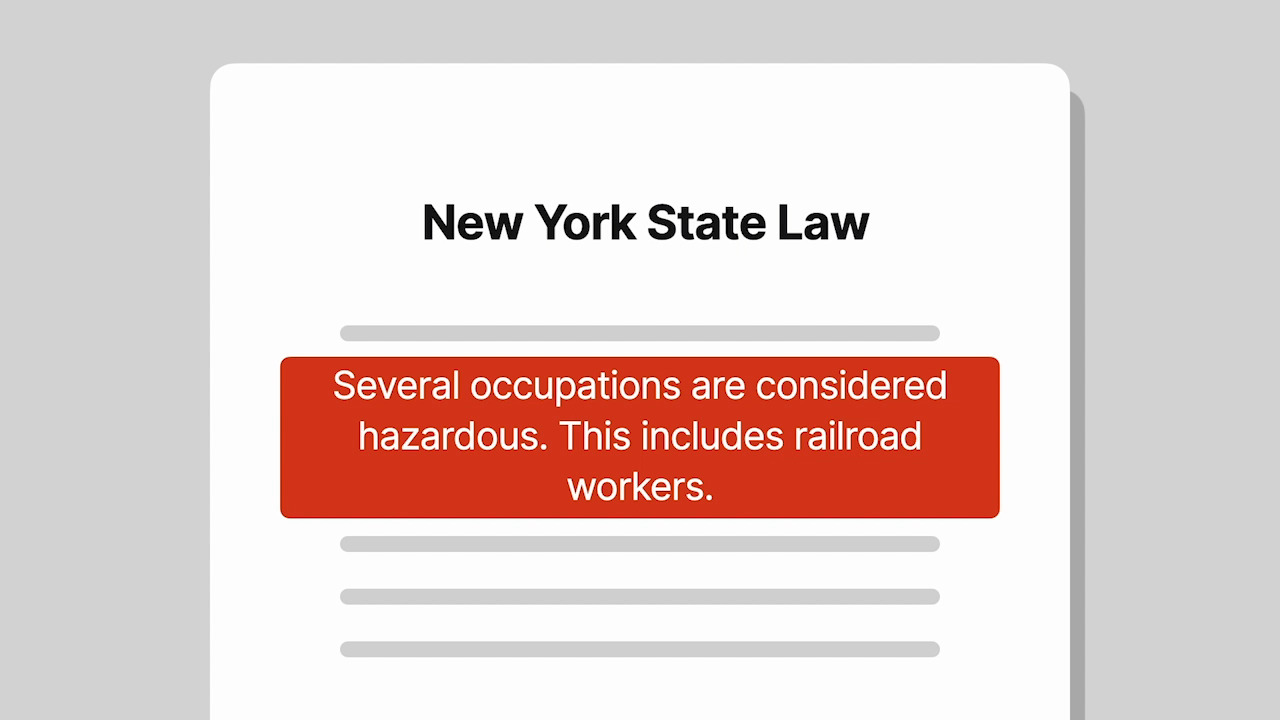
Ives v. South Buffalo Railway Co.(1911) was a landmark Supreme Court case that upheld the constitutionality of a New York State law limiting the work hours of employees in bakeries. The case involved a challenge by a bakery owner, William Ives, who claimed that the law violated the Fourteenth Amendment’s Due Process Clause by depriving him of his property without due process of law.
The Supreme Court rejected Ives’s argument, holding that the law was a valid exercise of the state’s police power to protect the health and safety of its citizens. The Court found that the law was reasonable and necessary to protect the health of bakery workers, who were often forced to work long hours in unsanitary conditions.
Significance, Ives v south buffalo railway
Ives v. South Buffalo Railway Co. is significant because it established the principle that the government has the authority to regulate working conditions to protect the health and safety of its citizens. This principle has been used to uphold a wide range of laws regulating working conditions, including laws limiting the hours of work, setting minimum wages, and providing for safe working conditions.
Legal Precedents
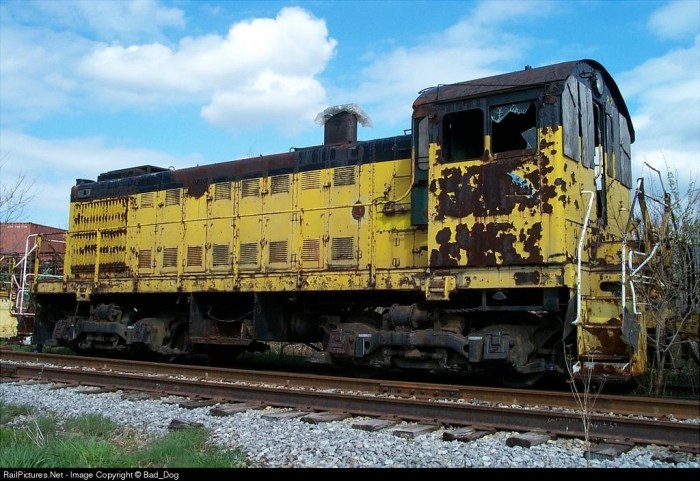
The Court’s decision in Ives v. South Buffalo Railway was influenced by several legal precedents, including:
- Lochner v. New York (1905): This case established the principle of “substantive due process,” which allowed courts to strike down laws that interfered with certain fundamental rights, even if those laws were enacted to protect the public health or safety.
- Adair v. United States (1908): This case held that the federal government could not regulate the employment relationship between employers and employees, as this would violate the employees’ freedom of contract.
These precedents led the Court in Ives to conclude that the New York statute limiting the hours of work for railroad employees was an unconstitutional infringement on the employees’ freedom of contract.
Dissenting Opinions
Justice Holmes dissented from the majority opinion, arguing that the statute was a valid exercise of the state’s police power to protect the health and safety of its citizens.
Constitutional Arguments
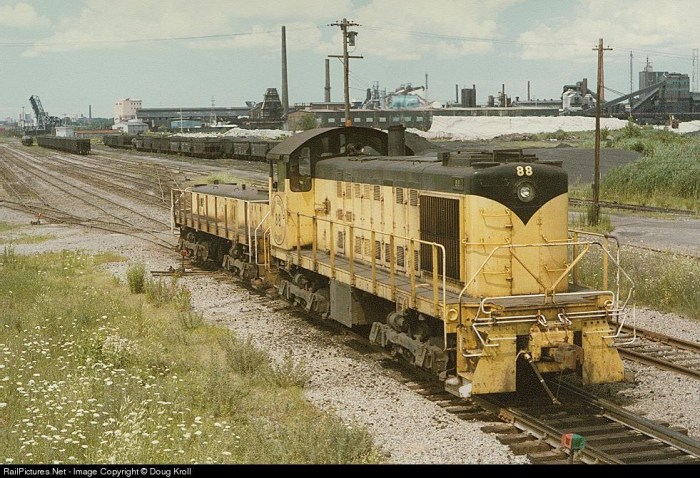
The Ives v. South Buffalo Railway case involved significant constitutional arguments from both parties.
The plaintiffs argued that the New York statute violated the Due Process Clause of the Fourteenth Amendment, which prohibits states from depriving persons of life, liberty, or property without due process of law. They contended that the statute deprived them of their property (their right to work) without due process because it established an arbitrary and unreasonable classification of hazardous occupations.
The defendant, on the other hand, argued that the statute was a valid exercise of the state’s police power to protect the health and safety of its citizens. They argued that the statute was reasonably related to the legitimate goal of reducing workplace accidents and that it did not deprive the plaintiffs of their property without due process.
Court’s Interpretation
The Court upheld the constitutionality of the statute, ruling that it did not violate the Due Process Clause. The Court found that the statute was a valid exercise of the state’s police power and that it was reasonably related to the legitimate goal of reducing workplace accidents.
The Court also found that the statute did not deprive the plaintiffs of their property without due process because it did not create a new property right but merely regulated an existing one (the right to work).
Implications
The Court’s decision in Ives v. South Buffalo Railway has significant implications for the interpretation of the Constitution. The decision established that states have broad authority to regulate workplace safety and that such regulations will not be struck down unless they are arbitrary and unreasonable.
The decision also clarified the scope of the Due Process Clause and established that the government may regulate property rights as long as it does so in a reasonable and non-arbitrary manner.
Impact on Labor Law
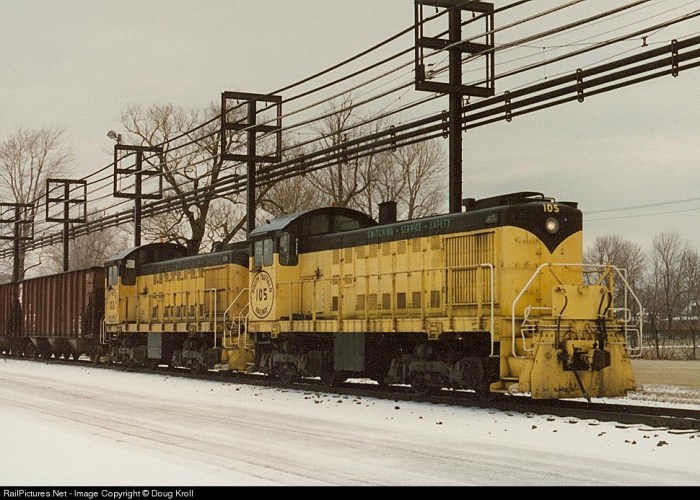
Ives v. South Buffalo Railway significantly influenced the development of labor law in the United States. The decision limited the ability of states to regulate working conditions, strengthening the power of employers.
In the landmark case Ives v. South Buffalo Railway, the Supreme Court ruled that employers could not be held liable for injuries sustained by employees due to negligence. This ruling had a significant impact on labor law and workplace safety.
However, if you’re looking for the basic plus test answers 2022 , you’ll need to check out the link provided. Returning to Ives v. South Buffalo Railway, the decision remains controversial today, with many arguing that it unfairly favors employers over workers.
Legal Framework for Labor Relations
The ruling established the legal principle that employers had a constitutional right to manage their businesses without government interference. This meant that states could not pass laws that set minimum wages, maximum hours, or other labor standards.
Subsequent Legal Challenges and Developments
The decision sparked numerous legal challenges and developments in labor law. Unions and labor activists fought to overturn Ives, arguing that it violated workers’ rights. In 1935, the National Labor Relations Act (NLRA) was passed, which protected the right of workers to organize and bargain collectively.
This legislation effectively overturned Ives and established a more balanced legal framework for labor relations.
Contemporary Relevance
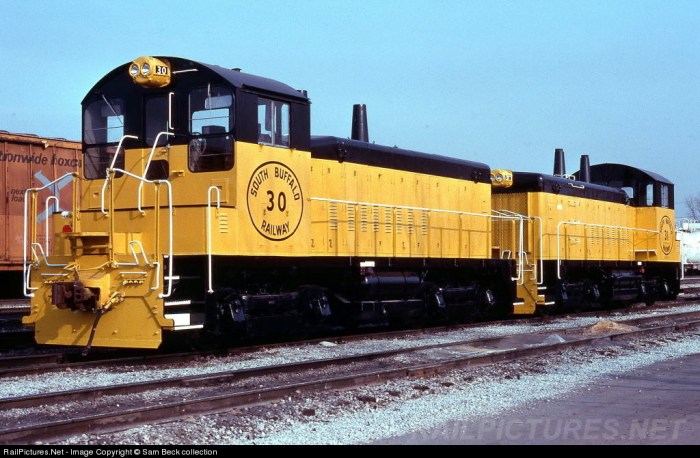
Ives v. South Buffalo Railway remains a significant precedent in legal debates and policy decisions, influencing the interpretation of the Due Process Clause and the scope of employers’ liability.
Modern-Day Cases and Controversies
The principles established in Ives have been applied in various modern-day cases and controversies, including:
- Employer Liability in Negligence Cases:Courts have relied on Ives to limit employers’ liability for injuries sustained by employees in the course of their employment.
- Workers’ Compensation Statutes:The doctrine of assumption of risk, recognized in Ives, has influenced the development of workers’ compensation statutes, which provide limited liability for employers in exchange for guaranteed benefits to injured workers.
- Tort Reform Debates:Ives’ emphasis on limiting liability has been cited in arguments for tort reform, seeking to reduce the scope of legal liability for businesses.
Clarifying Questions
What was the main issue in Ives v. South Buffalo Railway?
The case addressed the constitutionality of a state law that limited the liability of employers for workplace injuries.
How did the Supreme Court rule in Ives v. South Buffalo Railway?
The Court upheld the state law, ruling that it did not violate the Fourteenth Amendment’s Due Process Clause.
What was the significance of Ives v. South Buffalo Railway?
The decision limited the ability of workers to recover compensation for workplace injuries and influenced the development of labor law in the United States.